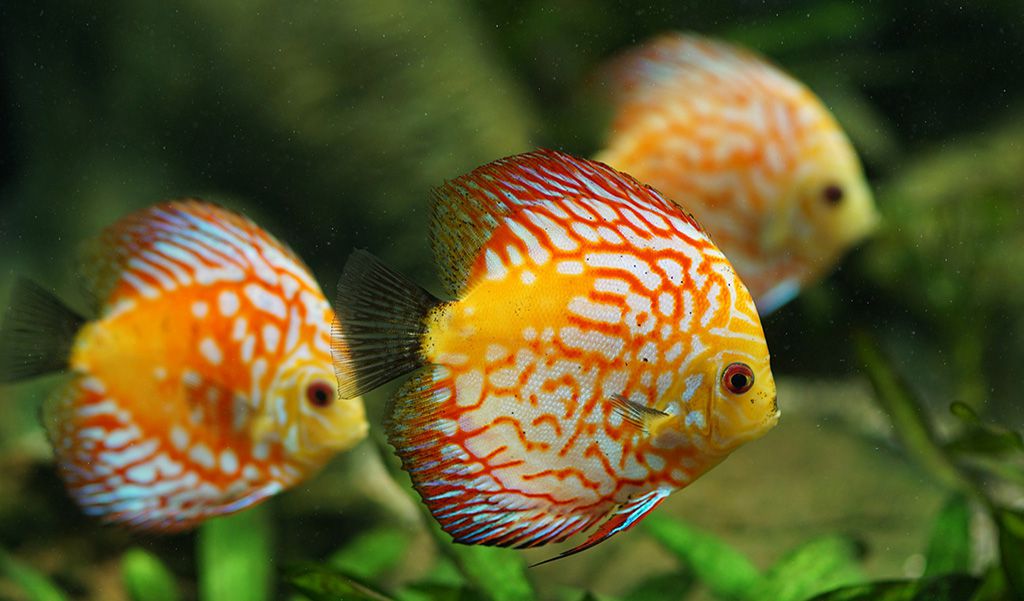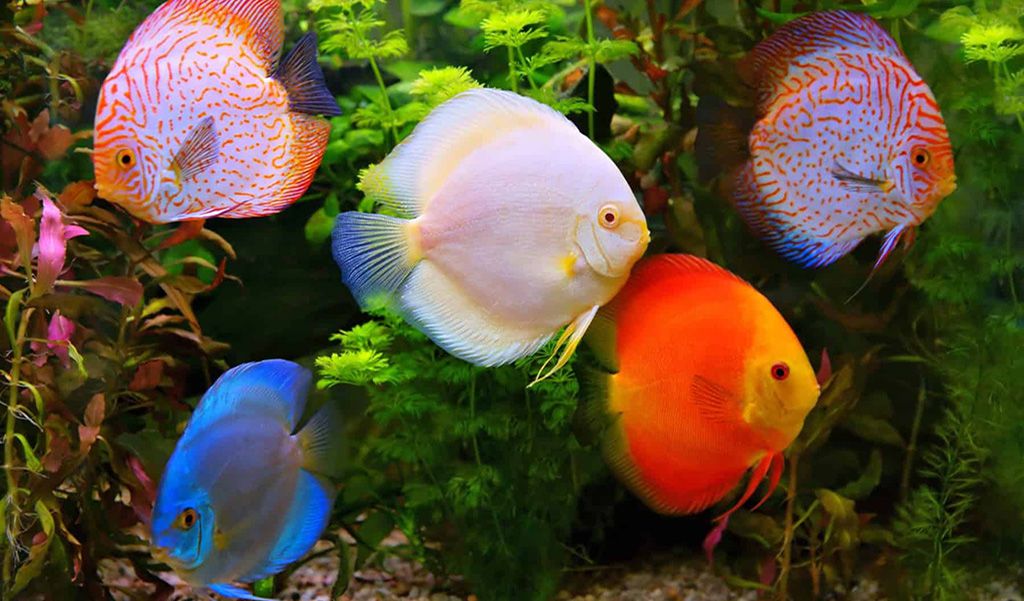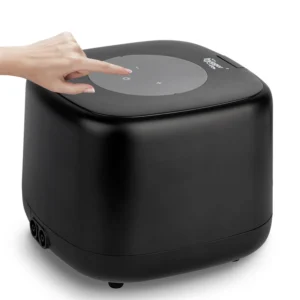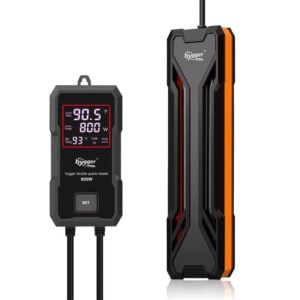Discus are popular tropical freshwater fish. They fancy warm and soft water. Nevertheless, discus fish is not an easy one to keep in aquariums. They are highly demanding water conditions. This article will cover guidelines for discus fish care.
Content Table
Are Discus Fish Hard to Keep
In general, discus is peaceful. Nevertheless, due to the strict needs of water conditions, discus fish are a little bit hard to keep in aquariums. Consequently, it is not a good alternative for beginners. If you want to keep discus in your fish tank, keep in mind that it is critically crucial to provide a suitable tank size and environment, keep constant water parameters, as well as do water changes regularly. Additionally, you can learn more about discus fish in the article – The Appeal of Keeping Discus Fish.
Guidelines for Stocking Discus Fish Tank
Discus fish can grow up to 4.8-6 inches, and the male one is larger than the female. Also, they fancy living in groups, and a group of six or more is better. Accordingly, the minimum tank size should be 55 gallons. Nonetheless, as discus grows up, they may require a tank larger than 55 gallons. For a discus fish aquarium, your tank should be larger than 55 gallons, 75 gallons, or 100 gallons for example. However, if you want to keep discus with other fish species, like tetras, the tank size should be 100 gallons at least. In a word, the larger, the better. Adequate space enables fish to swim and explore the tank freely.

Take Good Care of Discus Fish
Discus fish have very high demands on water conditions, like a high water temperature. Here are some requirements for water parameters:
- Ideal water temperature: 82-86℉
- pH level: 6.0-7.0
- Water hardness: 1-4°dKH
- Ammonia level: 0 ppm
- Nitrite level: 0 ppm
- Nitrate level: less than 20 ppm
After learning the requirements of water parameters, then how to take good care of discus fish?
Discus fish aquarium decoration
Aquatic live plants, caves, and driftwood provide hiding places for discus-fish, decorate your fish tank, and duplicate the native habitat. Discus fish can hide in these objects when facing attack. Furthermore, live plants will absorb the nitrate, which helps them grow. Then the nitrate level will be reduced, and the water clean.
Regular water changes
It is recommended to change 20-25 percent of the water once every other day. Or you can change 30-50 percent of the water once each week. The quantity and frequency of water change are determined by the number of fish and feeding frequency. Moreover, monitor the water parameters with aquarium water test strips. If the pH level is out of the ideal range, you should adjust it in time.
- Lower pH level: Do water change/add coral pieces in the filter/add sodium carbonate
- Higher pH level: Add soft water/phosphoric acid/terminalia catappa leaves
Tank mates
Fish that are peaceful, and slow-moving, are ideal tank mates for discus fish aquariums. For example, Clown loaches, neon tetras, and cardinal tetras. However, the tank mates should not be too small. Otherwise, the discus fish may mistake them for food. Additionally, fish, like Goldfish, African cichlids, and Angelfish, should not be introduced to discus fish aquariums.
Diet
A varied and balanced diet is essential for discus. Discus fish are omnivores or herbivores, you can feed them flakes, pellets, bloodworms, microworms, earthworms, brine shrimp, and other frozen or live foods. Supplementing pigment-enhancing food helps develop brilliant body colors. But never overfeed. It is best to twice each day, and make sure they can finish eating within 2–3 minutes.
Quarantine regularly
Sterilizing the bacteria once a week. Methyl blue is a great option, because it can sterilize efficiently, and will not cause side effects. Generally, you should follow 5 milliliters of medication for every 100 liters of water. Besides, removing the internal parasites once a month is also needed. Medicinal bath is effective, and it should be lasted for about 7 days. And you should change 25 percent of the water before the medicinal bath.

Aquarium supplies requirements
- Aquarium heater
As we have mentioned, discus fish need warm water. The water temperature should be maintained between 82℉ to 86℉. Hence, it is essential to add an aquarium heater to avoid water temperature fluctuation. An aquarium heater with a built-in thermometer and LED display enables you to check the real-time water temp. Also, the submersible double quartz heater possesses automatically stops the heating system.
- Aquarium filter
An aquarium filter is necessary. Discus fish will produce a lot of waste, which may lead to cloudy water and bad water conditions. Confused about filtration types? You can go to Which Fish Tank Filter Media Should You Get and get the right filter media for discus fish care.
The fish tank filter pump is a great alternative, which is ideal for 40-80 gallon tanks. It can purify, filter, and circulate the aquarium water, while it can also increase the oxygen level for discus.
- Aquarium air pump
Seeing that, discus fish have a high requirement for dissolved oxygen. Thus, adequate dissolved oxygen is necessary. You can deal with it by adding an air pump to your fish tank. You should choose a suitable air pump according to the number and size of fish and tank size.
Reminder
Exactly, keeping discus fish is not as easy as ABC. Accordingly, we will share some additional maintenance tips for different growth stages.
| Growth stages | Feeding frequency | The quantity and frequency of water change |
| Baby fish (size: 1-5 cm) | Once every 2–3 hours | 40-70 percent/once each day |
| Young fish (size: 4-12 cm) | Three times each day | One-third/once each day |
| Adult fish (size: above 12 cm) | Twice each day | 20-25 percent/once every other day |
That’s it. More other ideas about discus fish care, welcome to share with us in the comment. Finally, thanks for your reading.


Leave a comment